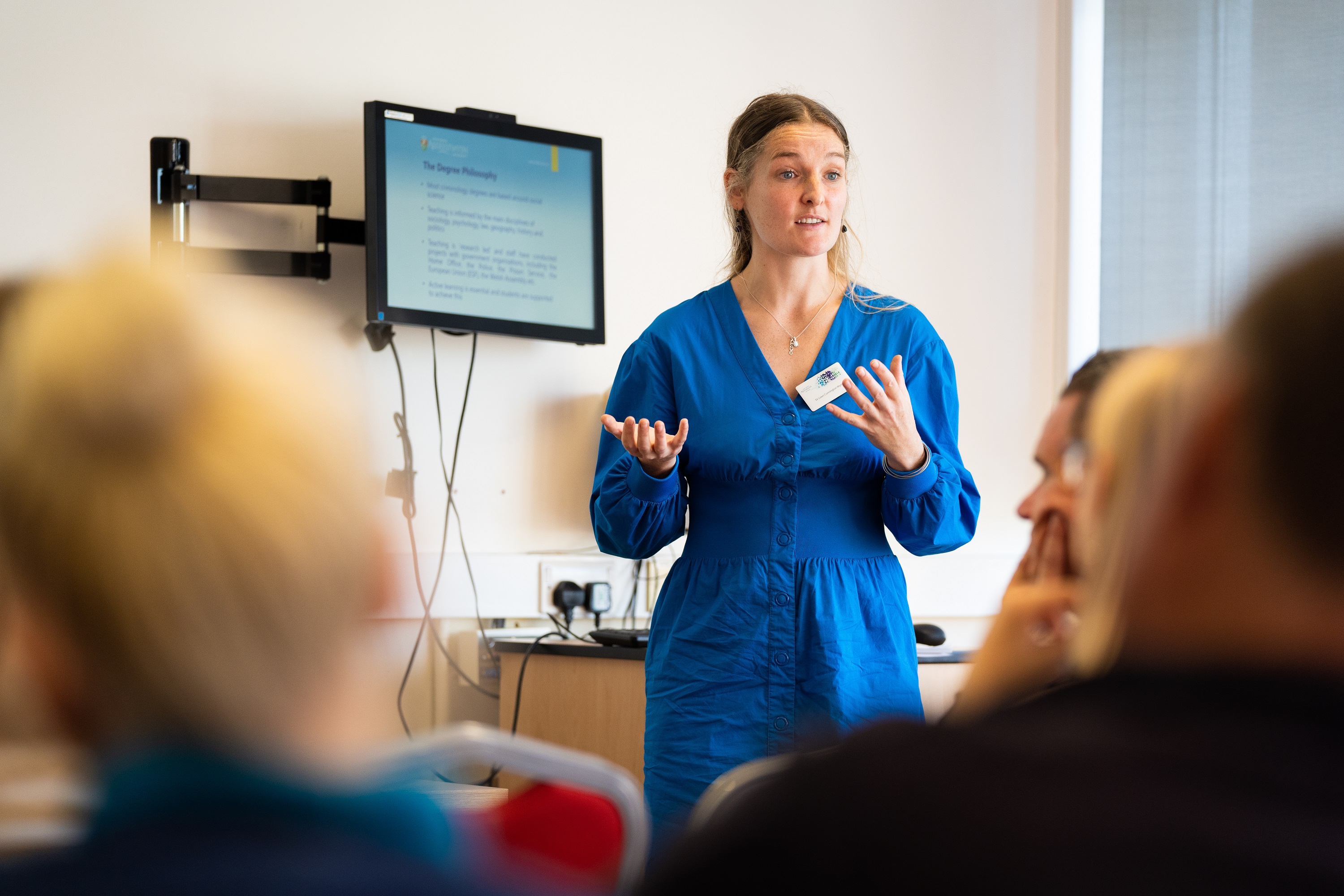
As leader of our PGCTHE programme, I keep an eye out for resources to help staff teach effectively. These include webinars, podcasts, online toolkits, publications and more. Topics include active learning, online/blended teaching, accessibility/inclusion, and effective learning design based on cognitive science. Below I’ve listed items that came to my attention in the past week. In the interest of clarity, our policy is to show the titles and descriptions in the language of delivery.
Online events and webinars
- Ongoing MOOC, Open University, Scholarship of Teaching and Learning in STEM
- Ongoing MOOC, University of Derby, Flexible Learning Toolkit
- 6/10/2021 Transforming Assessment, Using video in assessment and feedback
- 13/10/2021 Tile Network, Supporting Neurodiversity in Education
- 19/10/2021 European University Association DigiHE, Developing a high-performance digital education ecosystem: strategy and organisational culture
- Multiple dates through 2/2022 AdvanceHE, Inclusive learning and teaching workshop series
Resources and publications
- Armellini, A. (n.d.), Don’t Just Deliver: Teach, Educational Technology Insights
- Compton, M. (9/9/2021), ‘Basic Hybrid’ Teaching: Recommendations, Martin Compton, UCL
- Cross, K. P. (n.d.), Encouraging Metacognition: Helping Students Learn How to Learn (with videos 1-2 minutes each), The K. Patricia Cross Academy
- Ivory, S. (16/9/2021), The point of an on-campus education, Teaching Matters Blog
- Jones, A. & Jordan, K. (8/9/2021), Special Collection: Learning from Lockdown: challenges and benefits, Journal of Interactive Media in Education
- Lecture Breakers podcast (n.d.), Episode 77: Tips for Designing Collaborative Learning Experiences and Group Work with Dr. Alexandra Mihai (30 minute podcast)
- Office of Digital Learning & Inquiry, Middlebury College, (20/5/2021), The Asynchronous Cookbook:recipes for engaged & active online learning, PB Pressbooks
- Phipps, L. (14/9/2021), Learning from students and staff during the pandemic: A talk for #ESLTIS21, lawrie: converged
- RAISE (2021), RAISE Annual Conference materials
- Veletsianos, G. (12/8/2021), A ‘return to normal’ on campus? 5 ways university students and faculty hope for better, The Conversation
Please see the Staff Training booking page for training offered by the LTEU and other Aberystwyth University staff. I hope you find this weekly resource roundup useful. If you have questions or suggestions, please contact our team at lteu@aber.ac.uk. You may also wish to follow my Twitter feed, Mary Jacob L&T.







